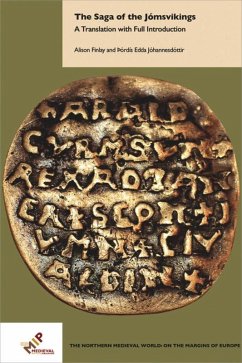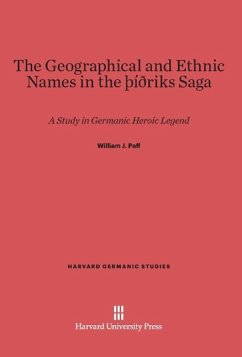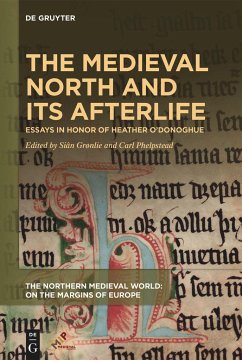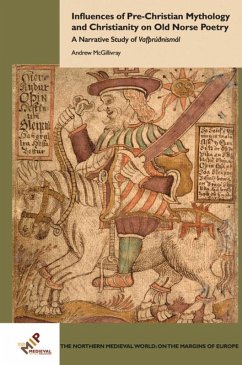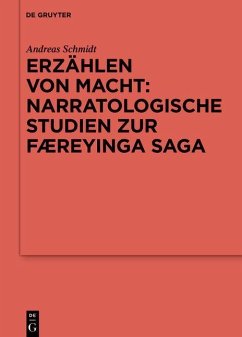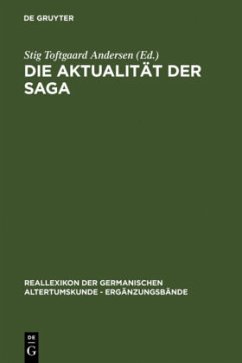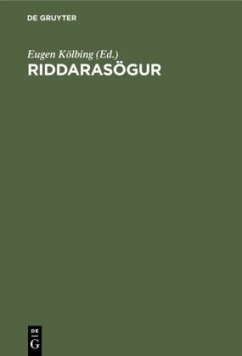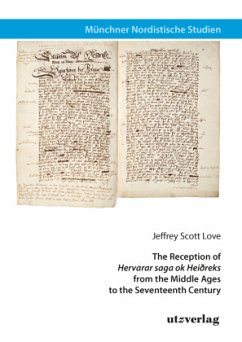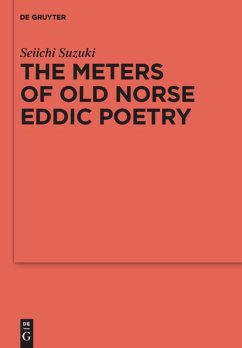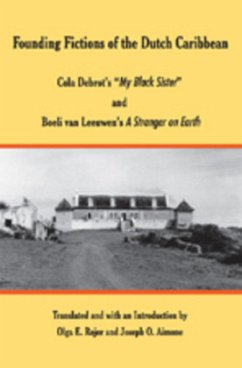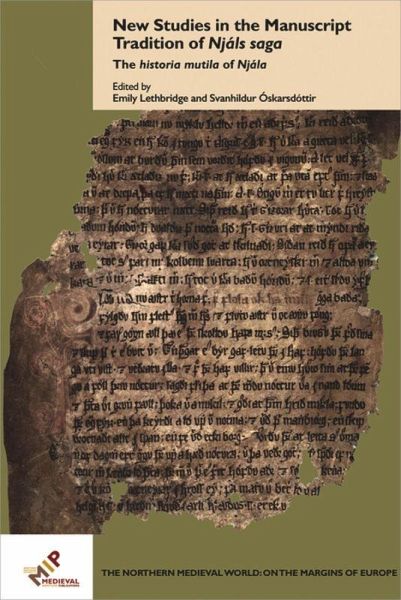
New Studies in the Manuscript Tradition of Njáls saga
The historia mutila of Njála
Herausgegeben: Óskarsdóttir, Svanhildur; Lethbridge, Emily
Versandkostenfrei!
Versandfertig in 6-10 Tagen
116,99 €
inkl. MwSt.

PAYBACK Punkte
58 °P sammeln!
Njáls saga is the best known and most highly regarded of all medieval Icelandic sagas and it occupies a special place in Icelandic cultural history.The manuscript tradition is exceptionally rich and extensive. The oldest extant manuscripts date to only a couple of decades after the saga's composition in the late 13th century and the saga was subsequently copied by hand continuously up until the 20th century, even alongside the circulation of printed text editions in latter centuries. The manuscript corpus as a whole has great socio-historical value, showcasing the myriad ways in which generat...
Njáls saga is the best known and most highly regarded of all medieval Icelandic sagas and it occupies a special place in Icelandic cultural history.
The manuscript tradition is exceptionally rich and extensive. The oldest extant manuscripts date to only a couple of decades after the saga's composition in the late 13th century and the saga was subsequently copied by hand continuously up until the 20th century, even alongside the circulation of printed text editions in latter centuries. The manuscript corpus as a whole has great socio-historical value, showcasing the myriad ways in which generations of Icelanders interpreted the saga and took an active part in its transmission; the manuscripts are also valuable sources for evidence of linguistic change and other phenomena.
The essays in this volume present new research and a range of interdisciplinary perspectives on the Njáls saga manuscripts. Many of the authors took part in the international research project "The Variance of Njáls saga" which was funded by the Icelandic Research Council from 2011-2013.
The manuscript tradition is exceptionally rich and extensive. The oldest extant manuscripts date to only a couple of decades after the saga's composition in the late 13th century and the saga was subsequently copied by hand continuously up until the 20th century, even alongside the circulation of printed text editions in latter centuries. The manuscript corpus as a whole has great socio-historical value, showcasing the myriad ways in which generations of Icelanders interpreted the saga and took an active part in its transmission; the manuscripts are also valuable sources for evidence of linguistic change and other phenomena.
The essays in this volume present new research and a range of interdisciplinary perspectives on the Njáls saga manuscripts. Many of the authors took part in the international research project "The Variance of Njáls saga" which was funded by the Icelandic Research Council from 2011-2013.



